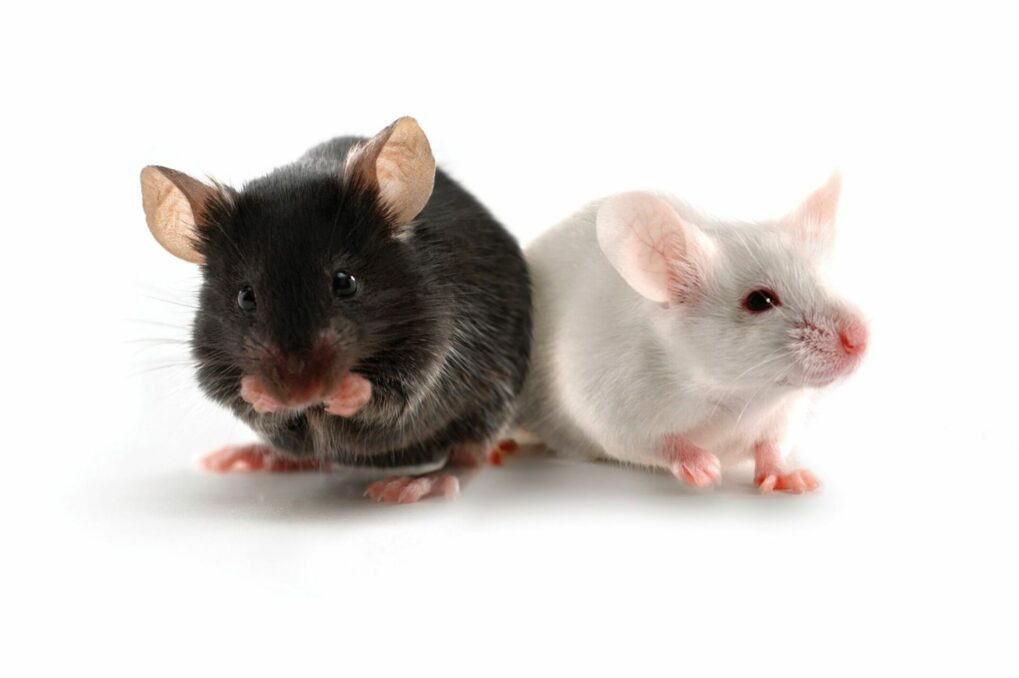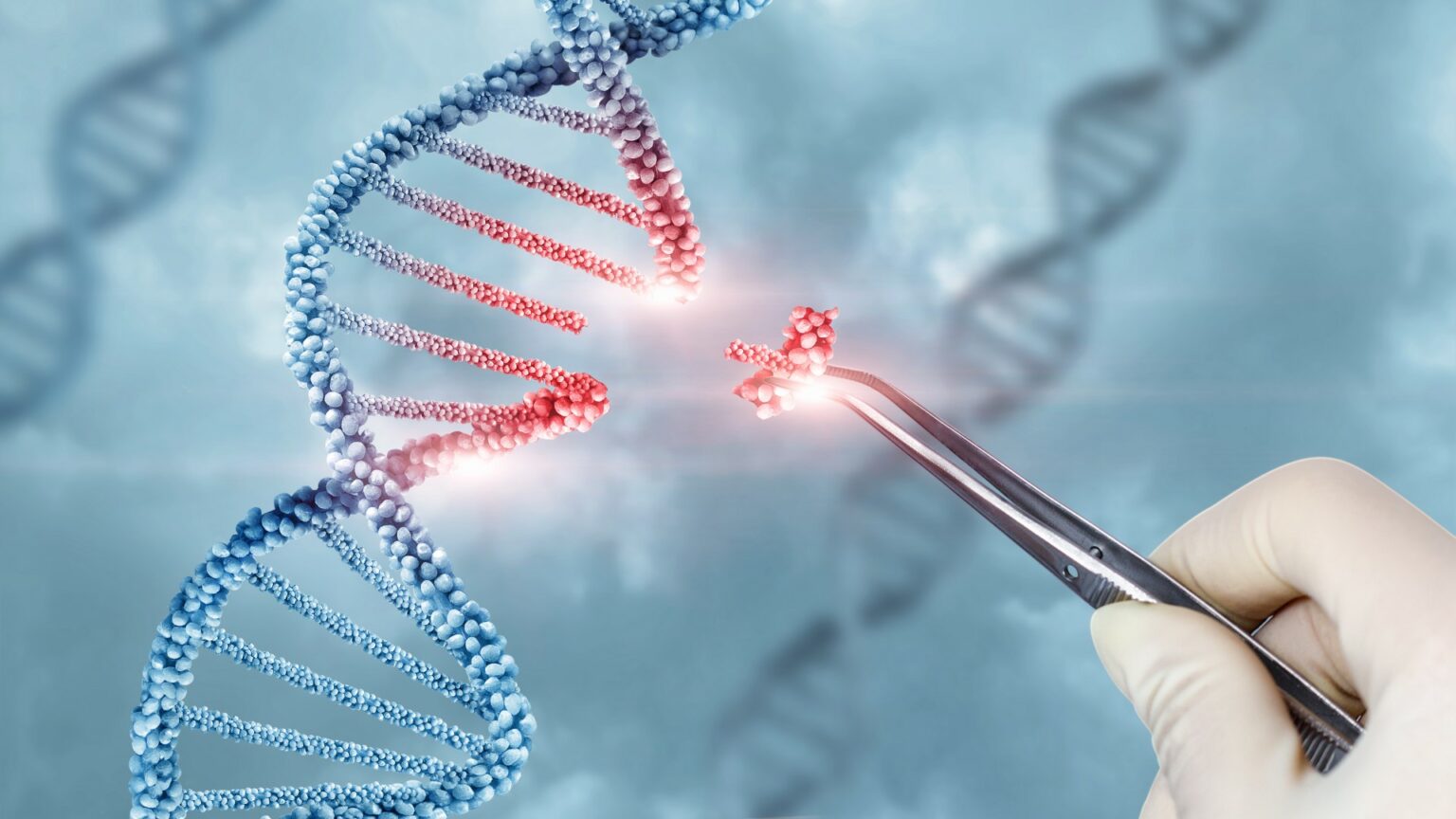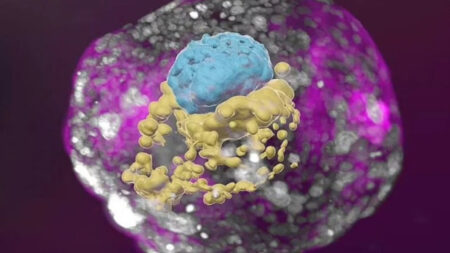Age reversal through a novel chemical-based cocktail could be possible in future, claims a team of researchers from Harvard Medical School and conjoined efforts of institutes who participated in the study. The potion could pose high efficacy in bringing a breakthrough in the field of anti-aging gene therapy. The discovery was published in the prestigious journal Aging.
David A Sinclair, lead scientist of the project explains the astonishing facts about the discovery. He elaborates that up till now, the field of anti-aging could only slow the process of senescence through gene therapy. Their findings hints at ultimate reversal of the process of senescence.
The Research of Reversal
Previously, multiple “hallmarks of aging” have already been identified, encompassing various factors that result in the deterioration and malfunctioning of cells as the age advances. Multiple research spanning from yeast models to mammals has gathered sufficient information favoring loss of epigenetic factors lead to altered genetic expression and further loss of cellular identity.
These findings align with the Information Theory of Aging, proposing that a decline in information, particularly epigenetic information, initiates a series of events, including mitochondrial dysfunction, inflammation, and cellular senescence. Epigenesis which deals with changes in gene expression based on behavioral and environmental changes, are generally reversible and do not change DNA pattern. Still, this cascade of events bring about a progressive decline in cellular and tissue functionality, which further initializes aging consequences.
Previous research conducted on mice has demonstrated that cellular injuries, such as DNA double-strand breaks and cellular damage, can trigger the loss of epigenetic information, potentially exacerbating the aging process and age-related diseases.
The team’s findings expand on the previous discovery that the activation of specific genes- OCT4, SOX2, and KLF4 (OSK), known as Yamanaka factors, can transform adult cells into induced pluripotent stem cells (iPSCs).
Through high-throughput cell-based assays, the researchers identified a total of six chemical cocktails taking help from animal models. These potions were found to have restored and revitalized gene expression patterns across the entire genome, within a short span of time and without endangering the cellular identity, which in other case could lead to cancerous state. This indicates that rejuvenation through age reversal can be accomplished not only through genetic approaches, but also through chemical means.

While this discovery holds immense promise, it is crucial to acknowledge that additional research and rigorous clinical trials are imperative to validate the safety and efficacy of these chemical combinations for human application. Although the initial outcomes are encouraging, the journey to transforming this scientific breakthrough into a practical anti-aging treatment for humans necessitates comprehensive and meticulous investigation.
The prospect of these chemical cocktails reversing the aging process has captured widespread interest, instilling hope for a future where aging could be decelerated or even reversed. However, until further studies verify their effectiveness and safety, it is prudent to moderate our expectations and anticipate further advancements in this remarkable field of research.













